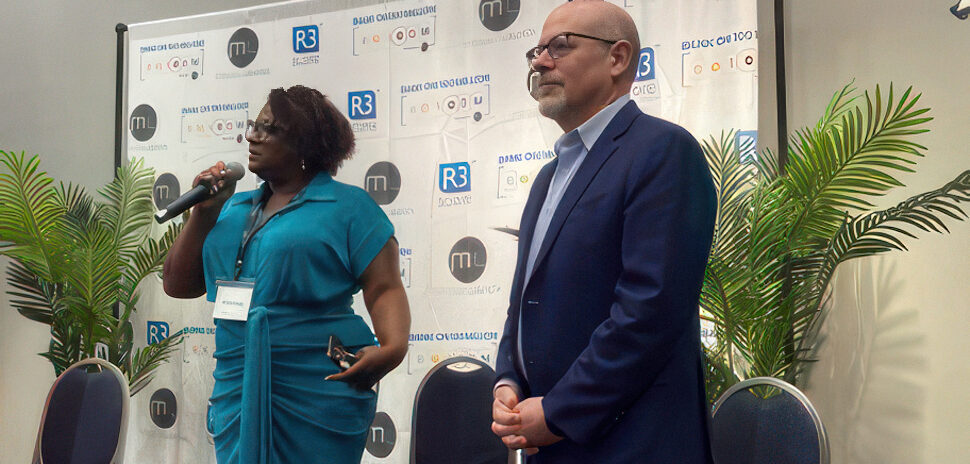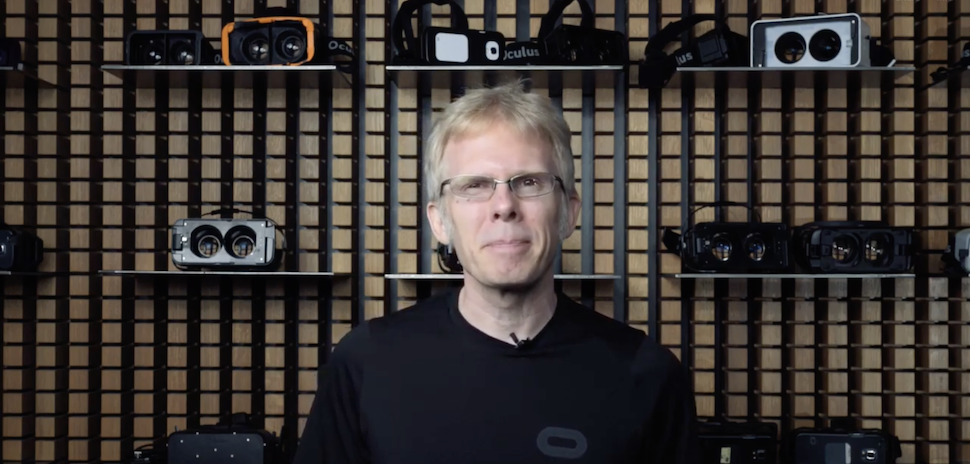Industrial process heating is used to raise the temperature of food products to make them safe for consumption, along with many other uses including melting scrap metal, refining petroleum, drying paint in auto plants, and more. But process heat typically has a big unwanted side effect: CO2 emissions that add carbon to the atmosphere. Richardson-based Skyven Technologies aims to help change that, and recent projects at a California dairy company demonstrate how.
Skyven and Kyotherm, Inc.—an investment company that specializes in the third-party financing of renewable thermal projects—have partnered to demonstrate public-private funding to decarbonize America’s industrial manufacturing sector. This financial approach was used to implement the six decarbonization projects recently announced by Skyven and California Dairies, Inc., “enabling more than 3,500 metric tons of CO2 reduction over the past year.”

Skyven CEO Arun Gupta
The public-private project financing, built on Skyven’s Energy-as-a-Service (EaaS) model, “combines direct financing from Skyven, third-party financing from Kyotherm, and public funding from the California Energy Commission’s Food Production Investment Program,” Skyven said in a written statement, adding that its model is compatible with state and federal grant funding.
Under the EaaS model, the “clean, emissions-free heat” delivered by Skyven’s systems is measured and verified with meters and IoT data monitoring. The manufacturing facility pays for the delivered heat at prices lower than their current natural gas costs, Skyven said, with the savings shared by the manufacturer, third party financers, and Skyven for the life of the contract.
“When we first announced this partnership back in 2021, it was unproven—no one was doing this for industrial heat,” Arun Gupta, founder and CEO of Skyven Technologies, said in the statement. “Today we’re proud to report that the combination of public and private funding sources has led to fully operational industrial decarbonization projects that are outperforming original expectations—with no cost to the industrial manufacturer.”
Arnaud Susplugas, CEO of Kyotherm, said Skyven’s model “removes the major financial barrier to industrial decarbonization projects.”
“It’s great to see that Kyotherm’s access to competitive capital and our dedication to energy efficiency projects are helping lead the industrial decarbonization revolution,” Susplugas added.
Skyven’s founder shifted from mirrors in DLP projectors to mirrors that inject heat into industrial facilities
Skyven was founded by CEO Gupta in 2013 when he was working as a design engineer for Texas Instruments’ Digital Light Processing business. DLP semiconductor chips contain millions of microscopic mirrors and are used to power cinema projectors worldwide.
According to Skyven’s website, Arun was “passionate about the environment and sustainability,” a mission which led him to invent “a larger array of mirrors called the Intelligent Mirror Array,” which “captures heat from the sun, raises the effective temperature of that heat as high as 400°F, and injects that heat into industrial facilities to reduce fuel consumption.”
“Once Skyven started touring industrial facilities, Arun found an even bigger opportunity to reduce carbon emissions,” the company’s website says. “He saw a chance to improve the efficiency of the process heating systems that were already there” by realizing that Skyven can save more money for customers by recovering “the tremendous amount of heat that they are losing as waste heat.”
Skyven calls industrial process heat “the last bastion of fossil fuels.” To help decarbonize that process, the company says it”designs, constructs, monitors and maintains energy efficiency projects for industrial process heat at no capital cost to our customers.”
“Our end-to-end services include long-term operations and maintenance, lifting that burden from plant personnel,” Skyven states. “We bill for the clean heat (BTUs) the systems produce at a lower rate than our customers pay their utilities provider, effectively sharing the savings realized.”
Quincy Preston contributed to this report.
![]()
Get on the list.
Dallas Innovates, every day.
Sign up to keep your eye on what’s new and next in Dallas-Fort Worth, every day.


































































